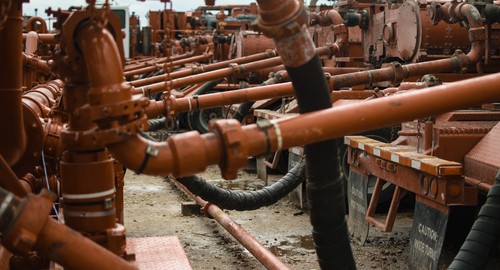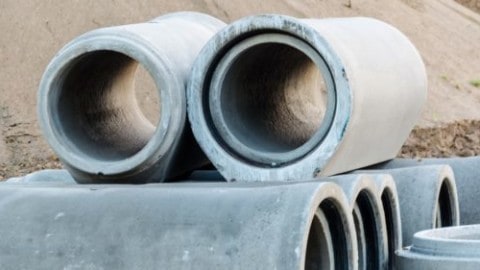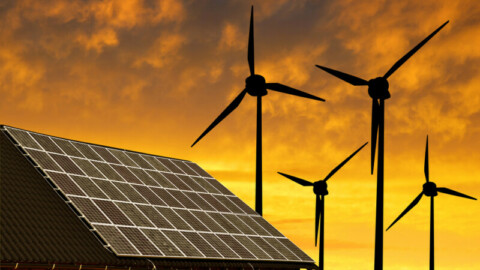The Western Australian Government has lifted the fraccing moratorium on existing onshore petroleum titles and has banned hydraulic fracturing in over 98 per cent of state, giving traditional owners and farmers the right to say no to oil and gas production from fraccing on their land.
The State Government will only lift the fracking moratorium on existing onshore petroleum titles following an independent scientific inquiry finding the risk to people and the environment is low.
Under new world-class strict controls as part of the State Government’s balanced response to the scientific inquiry, fraccing can only be approved on land covered by existing exploration and production licences, or about two per cent of the state.
The 12-month independent inquiry by Environmental Protection Authority chairperson Dr Tom Hatton made 44 recommendations. Major changes to the existing regulatory regime include:
- No fraccing to be allowed within 2km of gazetted Public Drinking Water Source Areas
- All fraccing projects, including exploration and production wells, to require EPA assessment
- The development of an enforceable Code of Practice to ensure high standards of health, safety and environmental protection
- No fraccing allowed within 2km of towns, settlements or residents
WA Premier, Mark McGowan, said, “Banning fraccing on existing petroleum titles after the scientific inquiry found the risk from fraccing is low, would undermine Western Australia’s reputation as a safe place to invest and do business.
“At the same time, it is crucial that the industry demonstrates that it has the support of landowners who, for the first time, will be able to say yes or no to any fracking production on their land.
“This is a balanced and responsible policy that supports economic opportunity, new jobs, environmental protection and landowner rights.”
As promised, fraccing will continue to be banned in Perth, Peel and the South-West. Existing and proposed national parks, the iconic Dampier Peninsula in the Kimberley and Public Drinking Water Source Areas will also be declared off limits.
The specific boundaries covering the Dampier Peninsula ban will be developed in consultation with the local community.
Minister for Mines and Petroleum, Bill Johnston, said, “We respect the outcome of the scientific inquiry, and it shows that jobs and investment can be allowed with proper regulation and enforcement.
“Western Australia has a long history of safe and responsible oil and gas operations, and is a world-class industry regulator.
“The report demonstrates that the risks associated with fraccing are minimal and can be safely managed under this balanced policy.”
WA Minister for Environment, Stephen Dawson, said, “As a Government, we have a responsibility to deliver positive outcomes, based on a robust, independent scientific inquiry, in the best interests of all Western Australians.
“This policy strikes a balance between ensuring positive environmental outcomes and a prospering economy.
“Greenhouse gas emissions are an important issue for Western Australians. We will embark on renewed action on emissions. Gas is part of the transition to a clean energy future, with emissions from gas much lower than other baseload power production.
“With the new strict controls in place and the establishment of a Clean Energy Future Fund, we’re setting up our state for the long term and a transition to renewables.”
Royalties from any unconventional onshore oil and gas projects will be used to support new renewable energy projects via a special Clean Energy Future Fund with a $9 million seed allocation.
The royalty rate for unconventional oil and gas will increase to 10 per cent, the same rate that applies to conventional petroleum production.
APPEA responds to the lift
APPEA has welcomed the lift of the hydraulic fracturing moratorium on existing onshore gas projects.
APPEA Chief Executive, Dr Malcolm Roberts, said the inquiry shows there is no environmental or public health justification for maintaining the moratorium. The inquiry also rejects claims that onshore projects will mean a significant increase in emissions.
“While the industry would have preferred the removal of the moratorium across the state, this decision will give communities in regional WA the choice to support local projects and jobs,” Dr Roberts said.
“More than any other state, WA relies on investment in resource projects to sustain jobs and economic growth. The government has made the right decision to respect the substantial investments already made by projects in the Kimberley region and the Perth basin.”
Dr Roberts said prohibiting hydraulic fracturing would have crushed the viability of some of these projects, damaging WA’s reputation as a safe place for investment.
“The government has added a new regulatory requirement which will only allow these projects to use hydraulic fracturing for producing gas with the approval of the landowner.
“The industry respects that we operate on someone else’s land to develop a natural resource owned by the community.”
The State Government will implement all of the inquiry’s recommendations before any fraccing production approvals are granted.
















